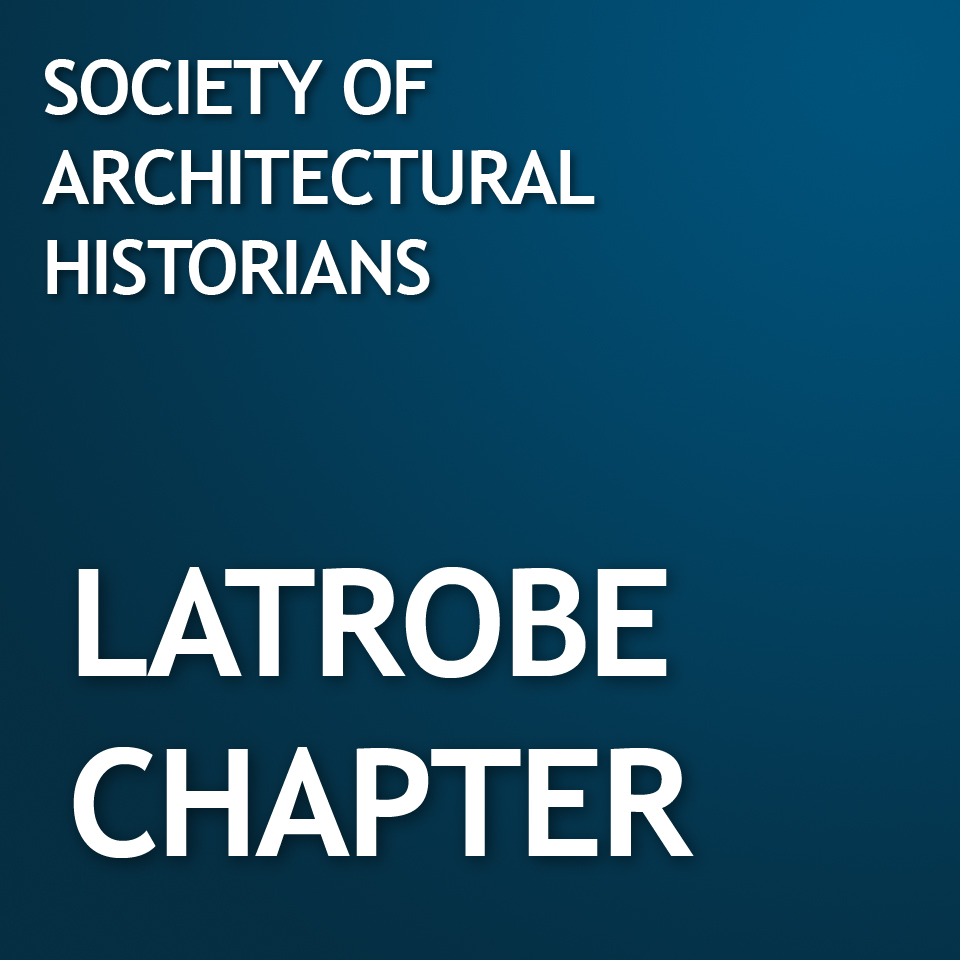We are pleased to be offering both in-person and virtual attendance options for this event! Please see below for details to join either venue, both offered at no cost.
In 1974 the Afro-American Bicentennial Corporation (ABC) began a two-year contract funded by the Department of Housing and Urban Development to survey Black historic sites in the nation’s capital. As they determined, “Shaw has more historically black sites than any other community of its size in the country." As a part of the 701 Comprehensive Planning Assistance Grant program, the survey’s purpose was to identify and protect historic properties, then earmark them for rehabilitation using federal funds. The ABC saw preservation and planning as essential to maintain both the people and places of an embattled District neighborhood.
“How many of these Black DC residents can you name? The Afro-American Bicentennial Corporation documented their contributions to Black history nationally and locally, and worked to have their homes, businesses, and resting places landmarked.”
The organization’s mission was to increase participation of African Americans in the 1976 Bicentennial, to direct projects that highlighted Black history, but most importantly, to be a “‘vehicle’ for improving the lives of Black Americans.” The ABC worked to “continue the revolution” through the “process of decolonization, a movement toward self-realization and self-government by people determined not to be kept in a subject status.” Preservation was a tactic of curating a cultural heritage that hitherto was rendered invisible, but the aims of ABC were also a part of the larger freedom struggle for Black Americans. This presentation will discuss the efforts of ABC to use novel planning and preservation mechanisms to combat decades of disinvestment in the heart of Black Washington.
Amber N. Wiley is an Assistant Professor of Art History at Rutgers University. Her research interests center on the social aspects of design and how it affects urban communities - architecture as a literal and figural structure of power. She focuses on the ways local and national bodies have made the claim for the dominating narrative and collective memory of cities and examines how preservation and public history contribute to the creation and maintenance of the identity and sense of place of a city. Her publications cover African American and African diasporic cultural heritage, urbanism in New Orleans, school design, urban renewal, and preservation.
She was co-principal investigator of the Carter G. Woodson Home National Historic Site National Historic Landmark Nomination Update. She is a member of the DC Legacy Project: Barry Farm/Hillsdale steering committee, which seeks to ensure the permanent preservation of the landmarked buildings at Barry Farm and their use as a public community space in Washington, DC. She has completed interpretation, research, and visioning for numerous organizations including the National Trust for Historic Preservation, Monument Lab, the DC History Center, and the National Building Museum.
Amber received her Ph.D. in American Studies from George Washington University. She also holds a Master's in Architectural History and Certificate in Historic Preservation from the University of Virginia School of Architecture, and a B.A. in Architecture from Yale University.
In-Person Attendance
The talk will commence in person at First Congregational UCC, 945 G Street, NW, next door to the Martin Luther King, Jr. Memorial Library. Doors will open at 6:30 PM for casual conversation and socialization. Please come prepared to show proof of complete vaccination against covid. Audience members will also be required to wear a mask for the duration of the event, except when drinking water. Food will not be provided at the lecture to limit covid exposure. No advance registration is required.
Virtual Attendance
This event is free but advance registration is required to participate. After registering, you will receive a confirmation email containing information about joining the lecture. Virtual lecture will begin at 7:00 PM. Please note that this event will not be recorded. TO REGISTER VIA ZOOM, CLICK HERE

